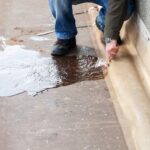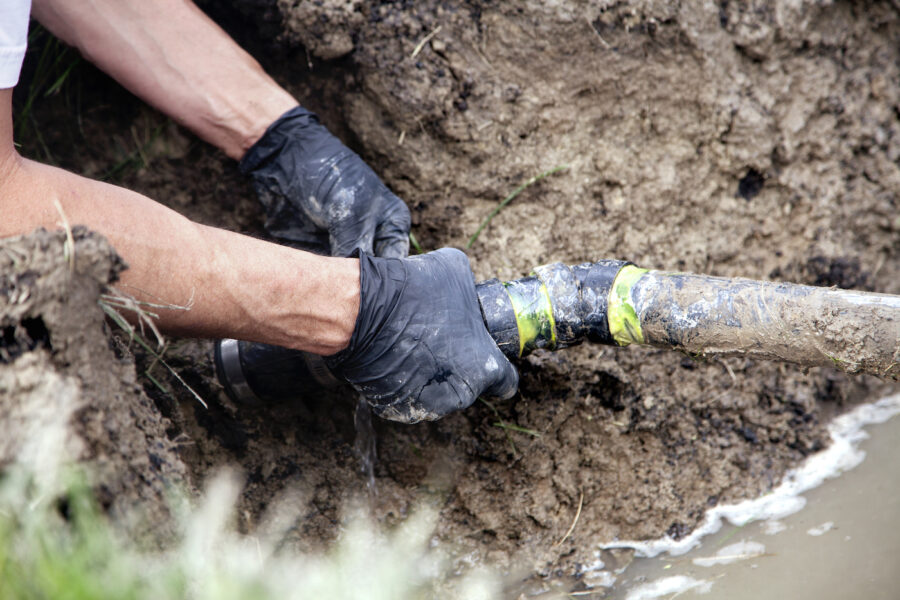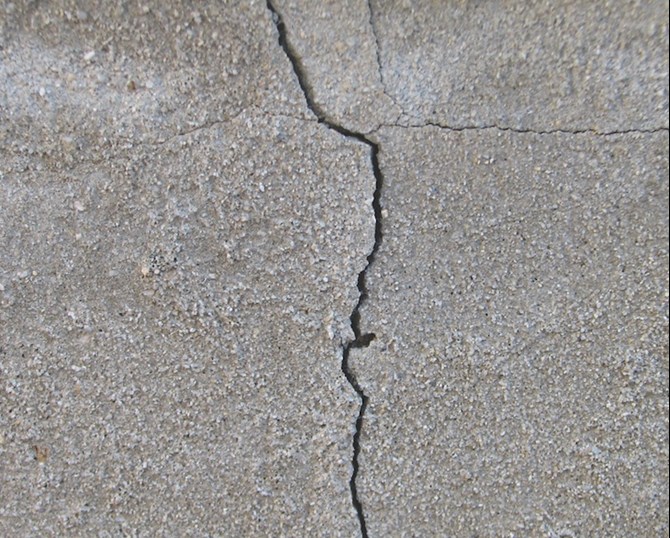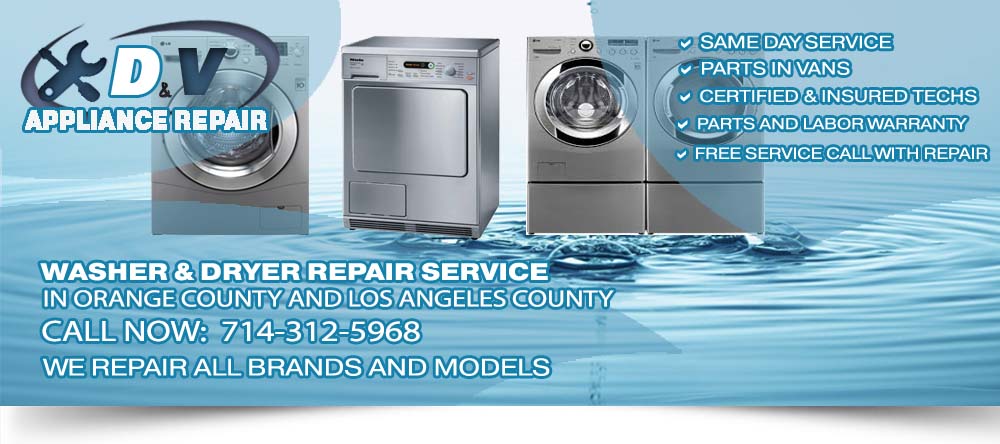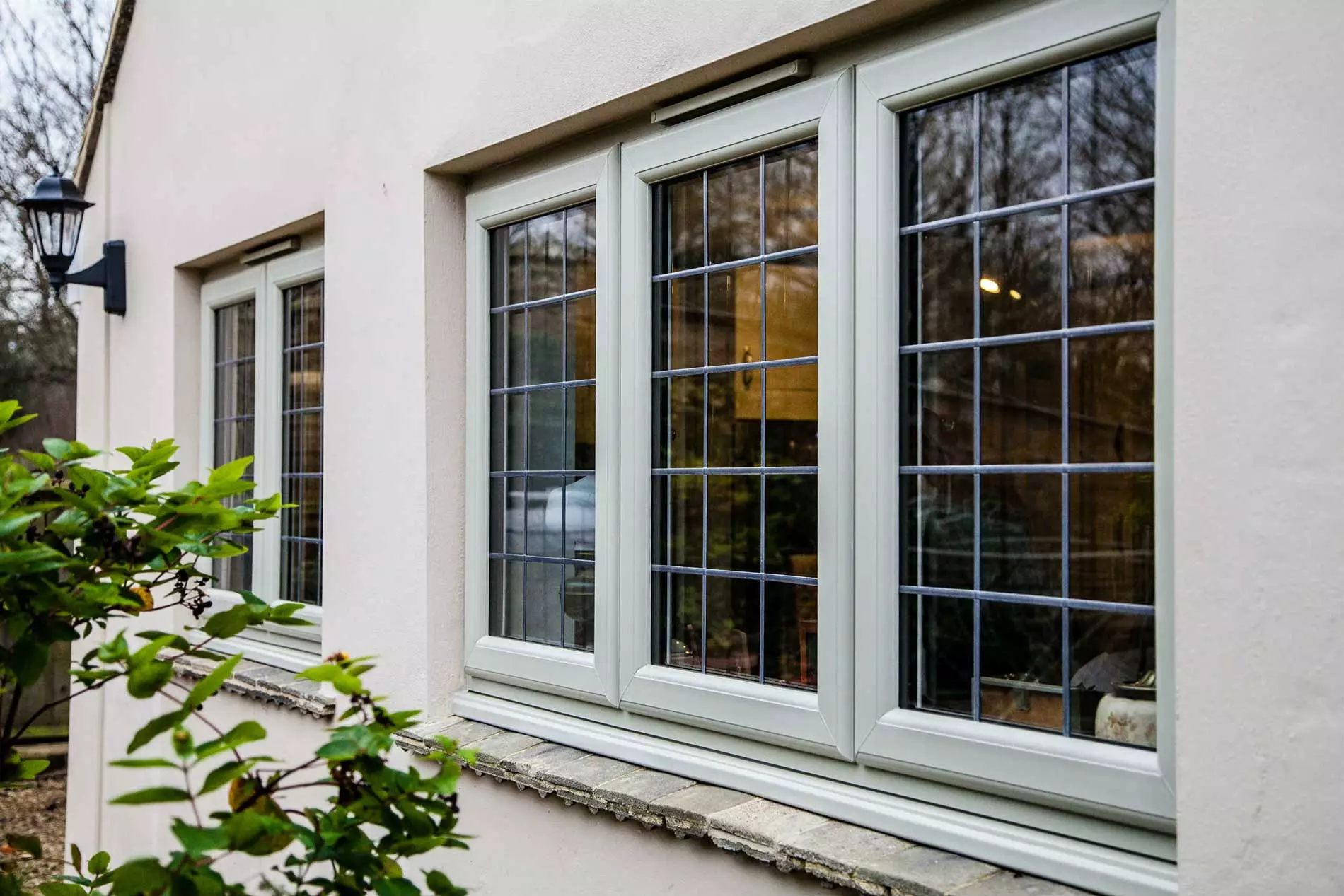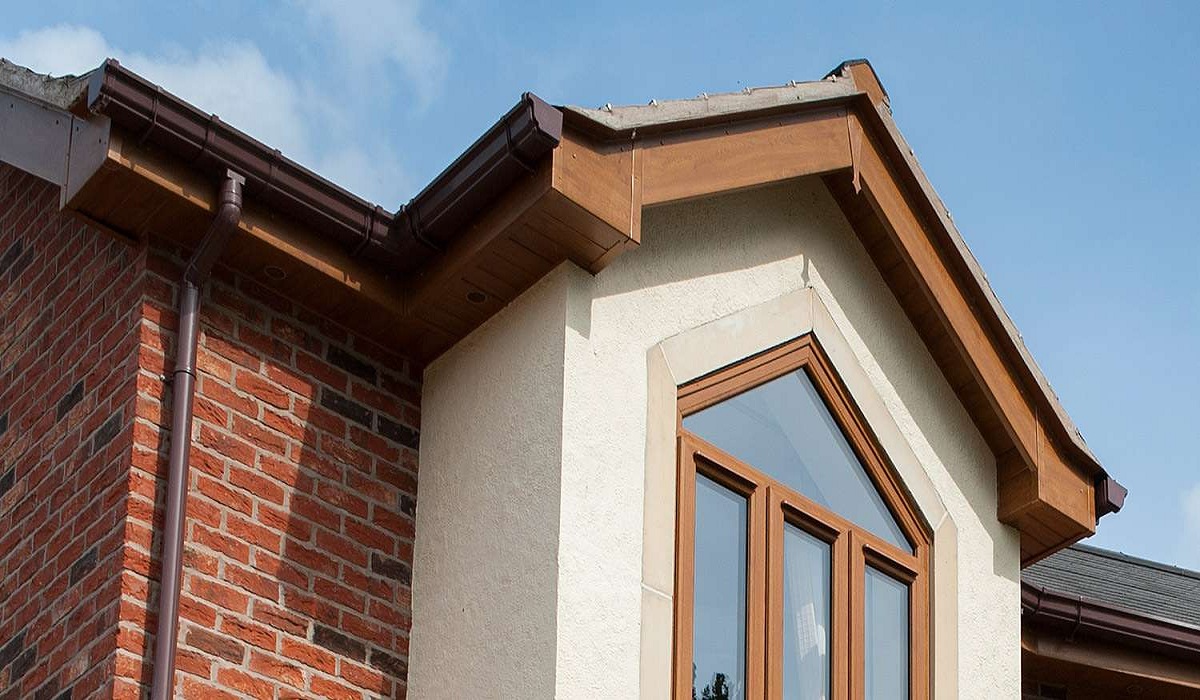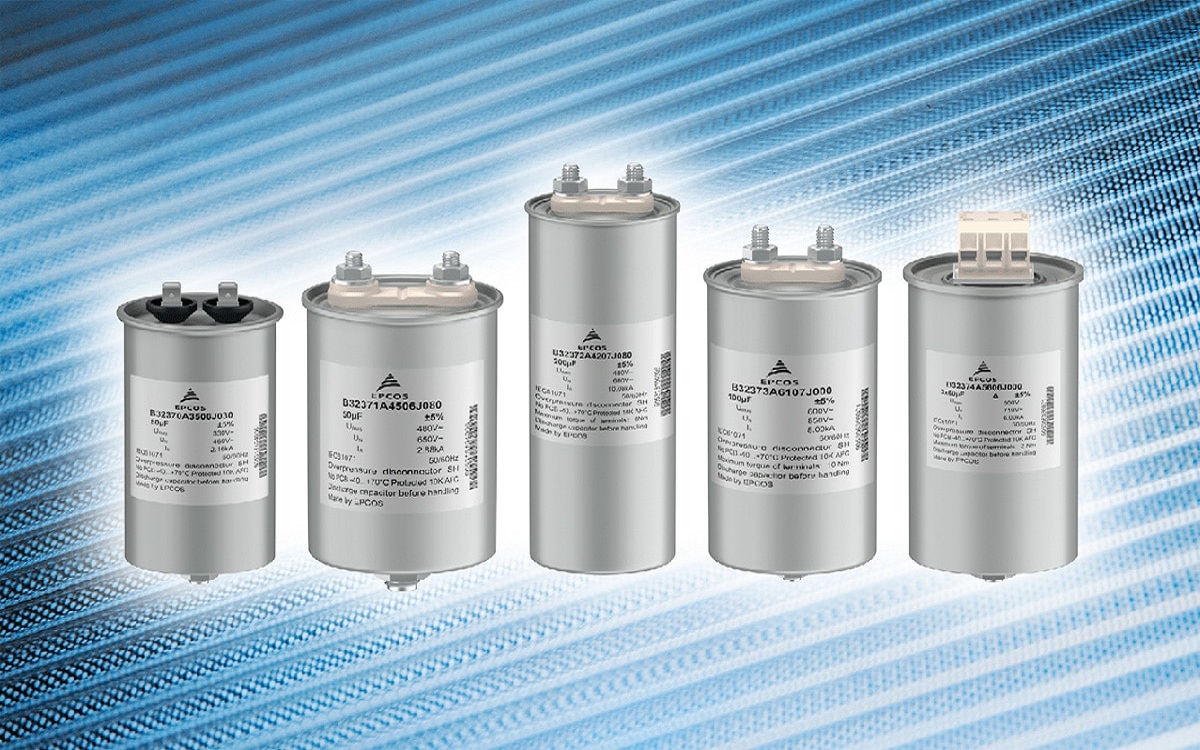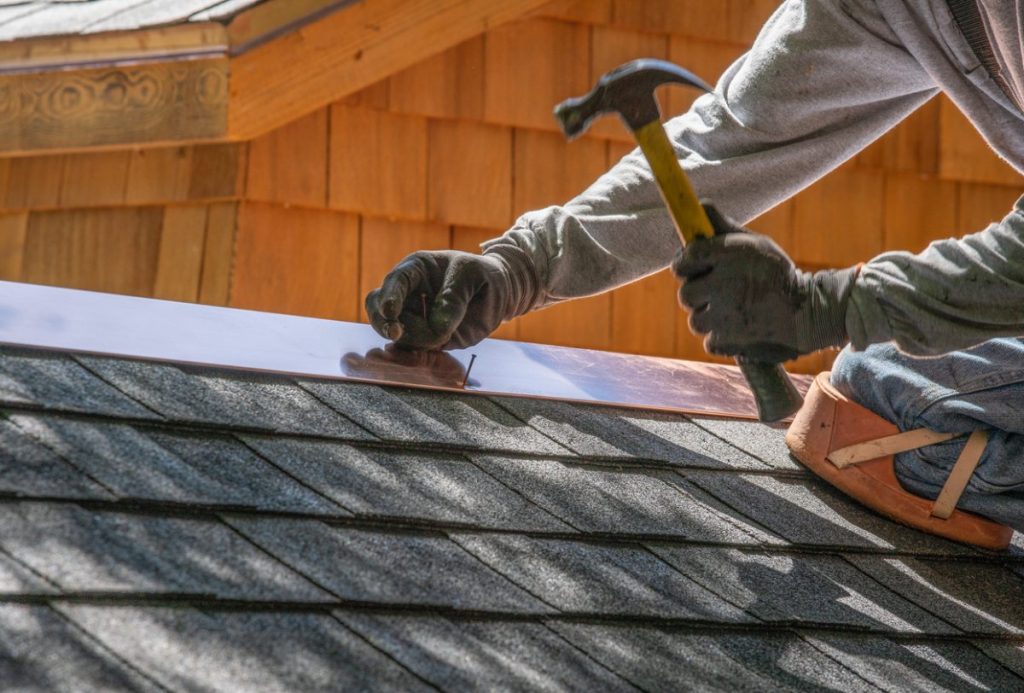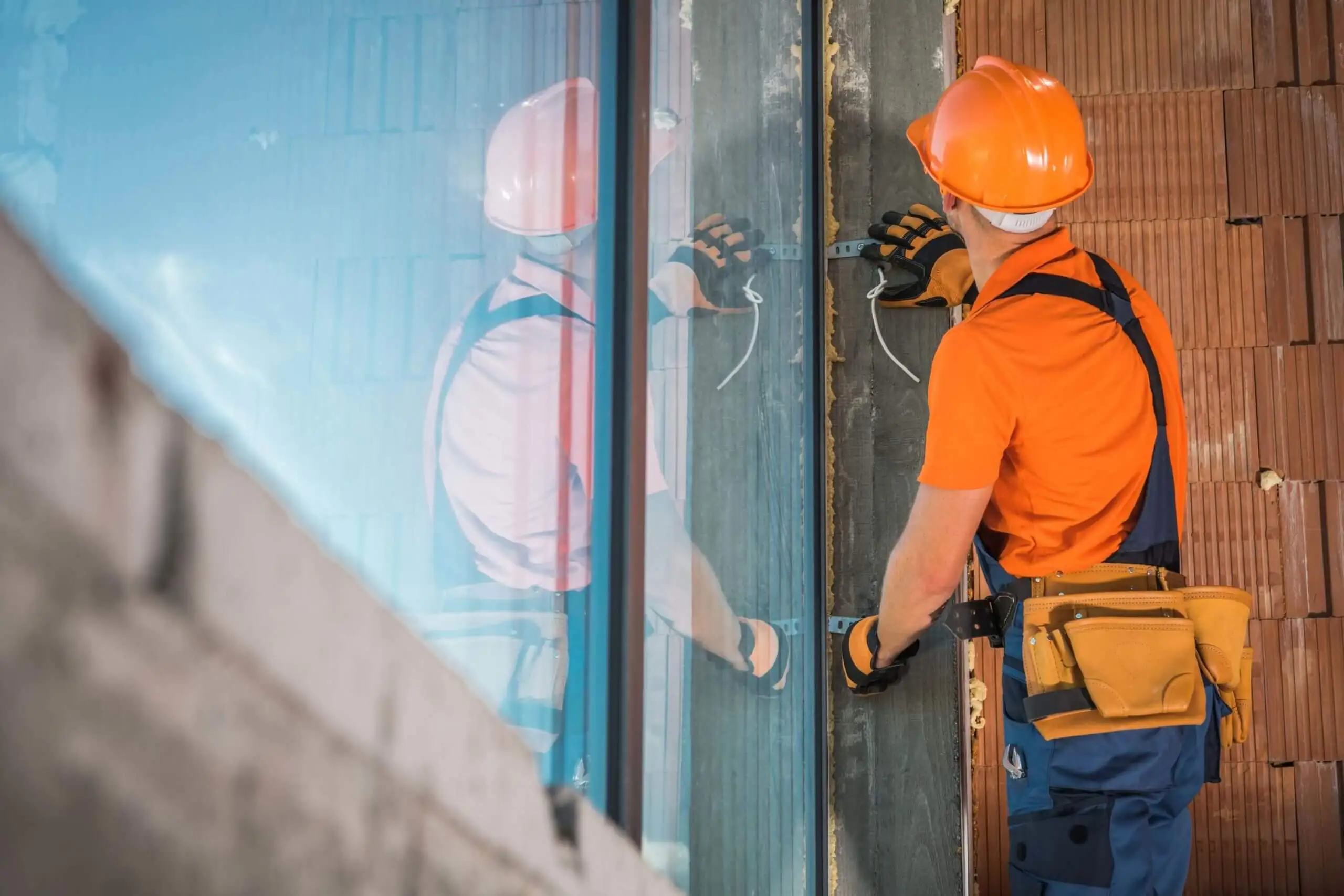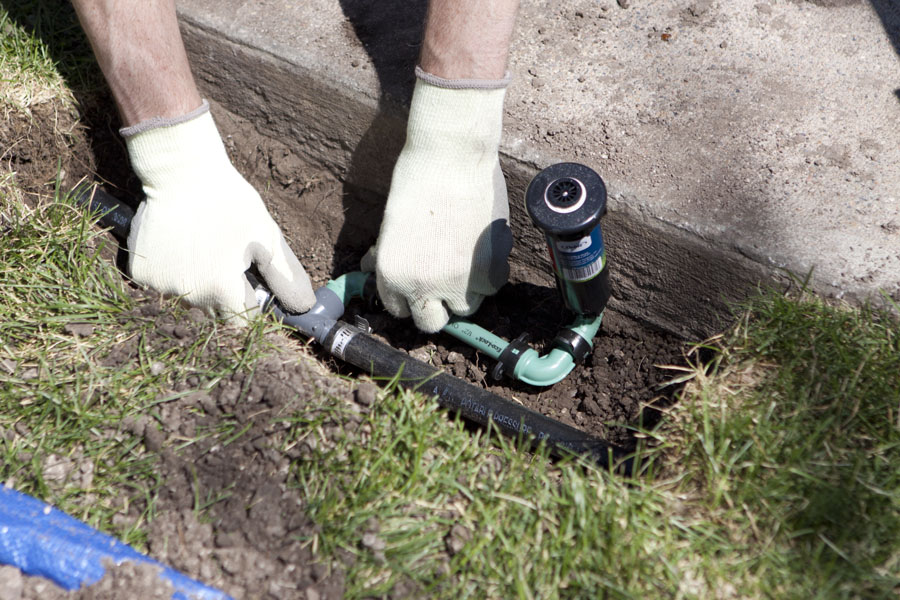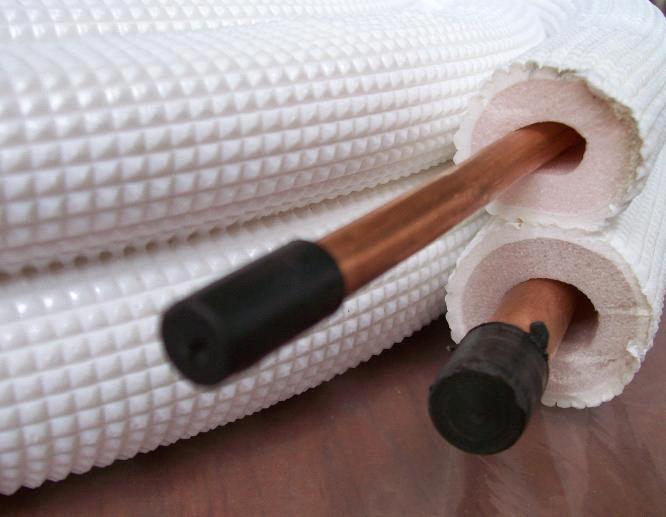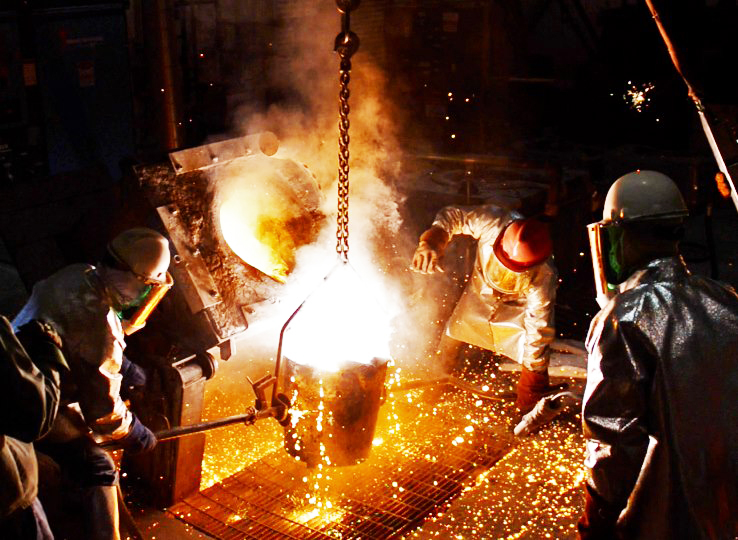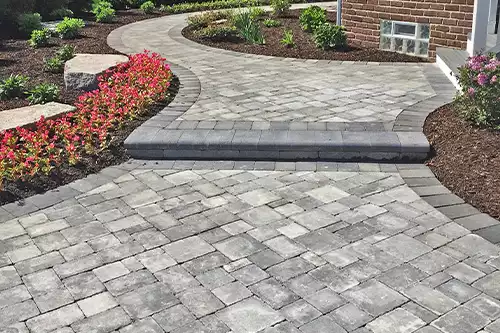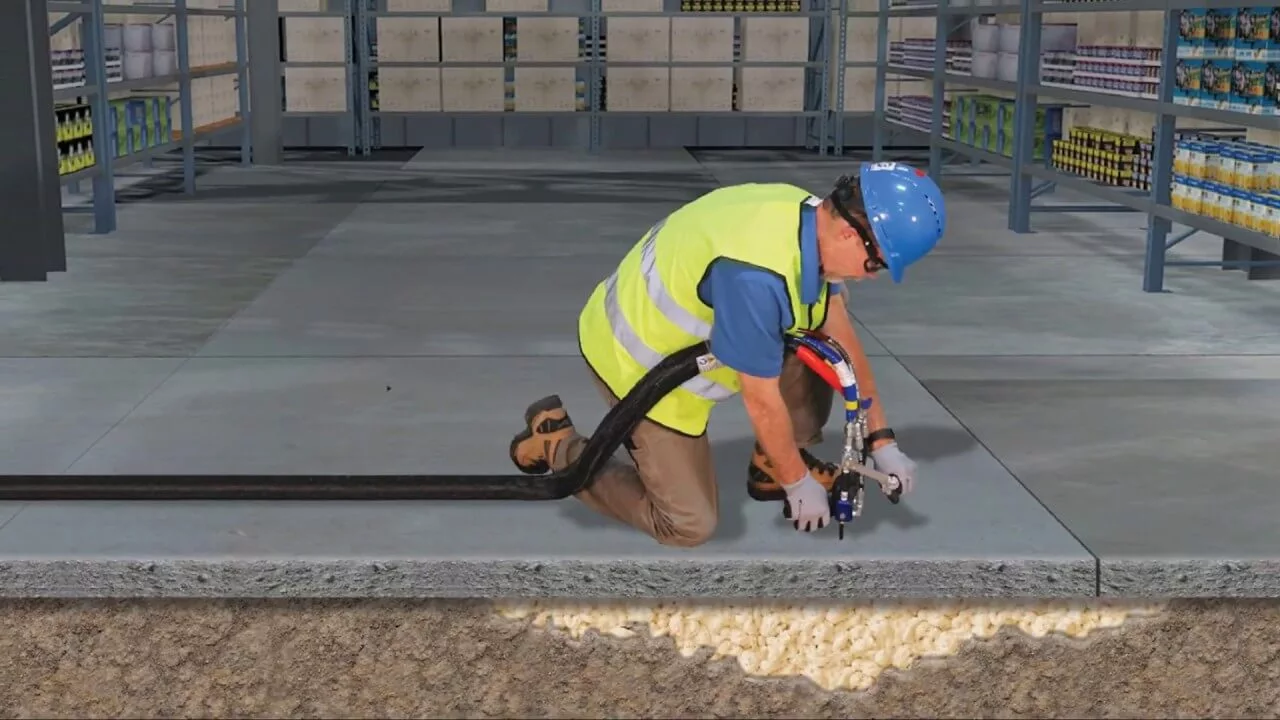
Concrete lifting is the process of using hydraulics to lift sunken, sinking, or settled concrete. The term “lifting” usually refers to raising sunken concrete back to grade or the original position of the slab. Lifting is usually done in order to correct a settling problem with an existing concrete structure. If left too long without being repaired, settling concrete can cause irreparable structural damage to buildings and other man-made structures, including roads, bridges, and sidewalks.

Concrete lifting may also refer to the process of removing an existing structure and replacing it with a new one. This type of concrete lifting is often done at home improvement stores or on construction sites by professional concrete contractors.
Concrete Lifting Methods
There are several methods for concrete lifting available, depending on how much correction needs to be made and/or the size of the area to be lifted. The most common type of concrete lifting is done with hydraulic jacks, also known as helical piers or screw anchors. These are steel rods that are inserted into the ground in sequence until the structure rises level with the surrounding grade.
While this method can work for small areas, it doesn’t offer enough support to fix larger structures. Scrapers are another option for concrete lifting, but they are only effective on very small spots. The third method involves injecting concrete under the slab using micro piles or injection screw anchors to create a solid base. This is often used in conjunction with hydraulic jacks.
You can avoid costly repairs and potential structural damage by correcting sinking or settling concrete with lifting. Concrete lifting is a cost-effective and quick solution to your problem that will help protect the structural integrity of your building from future problems. If you need help determining the best solution to your problem, contact Foundation Solutions Group for a free consultation.

